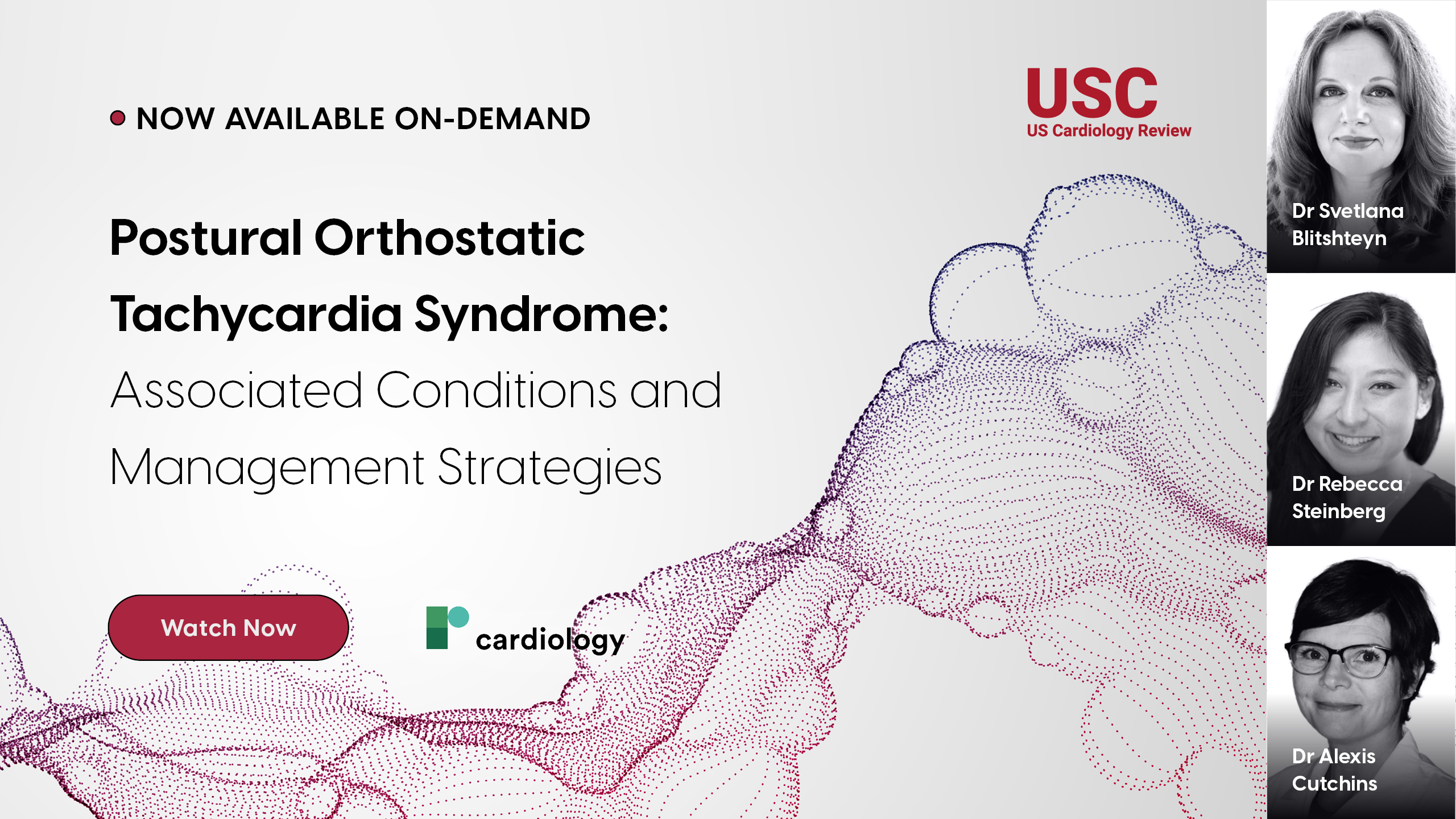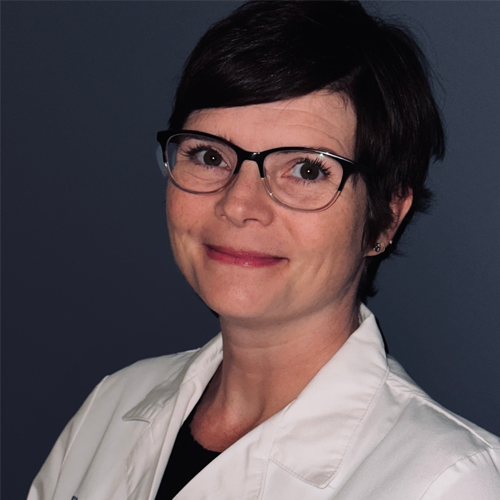Postural Orthostatic Tachycardia Syndrome: Associated Conditions and Management Strategies
Published: 10 May 2024
-
Views:
 3856
3856
-
Likes:
 7
7
-
Views:
 3856
3856
-
Likes:
 7
7
-
 Up Next
Up Next -
 15m 34sPart 1 | Session 3 Small Fiber Neuropathy and Dysautonomia
15m 34sPart 1 | Session 3 Small Fiber Neuropathy and Dysautonomia -
 30m 27sPart 1 | Session 4 Panel Discussion and Audience Q&A
30m 27sPart 1 | Session 4 Panel Discussion and Audience Q&A
-
 2m 40sPart 1 | Session 1 Introduction Rebecca Steinberg
2m 40sPart 1 | Session 1 Introduction Rebecca Steinberg
Overview
Postural Orthostatic Tachycardia Syndrome (POTS) is a heterogenous disorder that presents with positional tachycardia, amongst many other symptoms. Evidence for treatment options remains limited, and there are a multitude of associated conditions with overlapping symptoms which can make the diagnosis and management of POTS a difficult experience for providers and patients alike.
This broadcast discussed the narrative review written by Dr Steinberg et al on Postural Orthostatic Tachycardia Syndrome (POTS). The speakers highlight some of the nuances of this syndrome that are often missed by practitioners and discuss future avenues of care for these complicated patients.
Key Learning Objectives
- An overview of POTS diagnosis and symptoms
- Discuss pathology associated with POTS
- Discuss novel treatment strategies for POTS patients
- Highlight the infectious disease components of POTS (COVID impact)
Target Audience
- Internal Medicine
- Family Medicine
- Cardiologists
- Neurologists
- Nurse Practitioners
- Physician Assistants
More from this programme
Part 1
POTS-associated Conditions and Management Strategies
Faculty Biographies

Alexis Cutchins
Alexis Cutchins is an Assistant Professor of Medicine in the division of Cardiology at Emory University School of Medicine. Dr Cutchins graduated from Emory School of Medicine in 2004 followed by a residency in Internal Medicine at Weill Cornell in NYC and then moved onto an NIH research fellowship at The University of Virginia for cardiology training. She joined the Emory faculty in 2012 specializing in cardiovascular disease in women. Over the past eleven years she has developed an expertise in the area of Postural Orthostatic Tachycardia Syndrome, dysautonomia and Long COVID. Her guidance on these complicated patients is sought out by many physicians and patients.








Comments